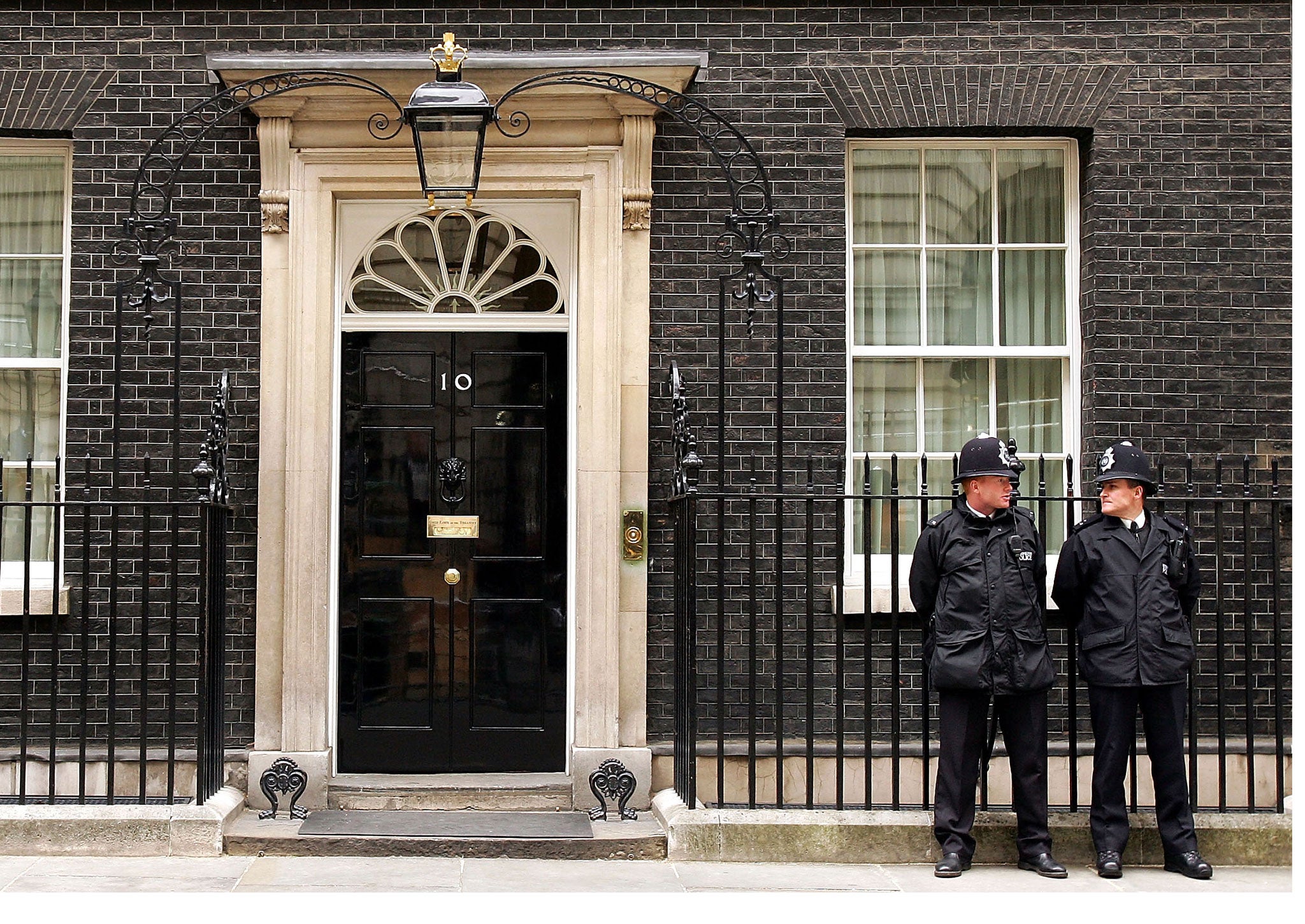Inside Whitehall: What Downing Street doesn't want you to know
Last month Tory strategists issued an edict to Government departments banning them from highlighting events that do not chime with the party's key themes

Your support helps us to tell the story
From reproductive rights to climate change to Big Tech, The Independent is on the ground when the story is developing. Whether it's investigating the financials of Elon Musk's pro-Trump PAC or producing our latest documentary, 'The A Word', which shines a light on the American women fighting for reproductive rights, we know how important it is to parse out the facts from the messaging.
At such a critical moment in US history, we need reporters on the ground. Your donation allows us to keep sending journalists to speak to both sides of the story.
The Independent is trusted by Americans across the entire political spectrum. And unlike many other quality news outlets, we choose not to lock Americans out of our reporting and analysis with paywalls. We believe quality journalism should be available to everyone, paid for by those who can afford it.
Your support makes all the difference.Take three seemingly unconnected events.
One: a ground-breaking speech by Britain’s first Muslim Cabinet minister warning that Islamic sectarianism is a “deep and dangerous” problem that is being used to justify acts of religious extremism. Two: the publication of a Department of Work and Pensions-commissioned report setting out a plan to help people with mental health problems stay in employment. Three: proposals to make it illegal for cosmetic surgery companies to offer treatments without their staff undergoing training.
What do they have in common? Well, Downing Street doesn’t really want you to know about them. Not because they are bad news – in fact quite the opposite – but because they no longer fit into the Conservative Party’s strategy to win the next election.
Last month senior Tory strategists in Number 10 issued an edict to Government departments effectively banning them from highlighting speeches, initiatives and events that are not central to the party’s key election themes of crime, the economy, immigration and welfare.
A quick comparison between the number of Government press releases made in January 2013 and those issued last month makes the point. The Department of Transport: 17 compared to eight; the Department of Education: 18 compared to 10; the Department of Health: 25 compared to three.
It is causing some irritation in Whitehall – and some anger among affected Conservative ministers. The criticism is that Downing Street is “burying” important work being done by the Government which may actually be counter-productive in the longer term.
Take, for example, flooding. Political sources suggest that the Government was perceived to be slow off the mark in dealing with the issue because it failed to flag it up early enough. Defra and the Environment Agency were well aware of the potential problems they were facing after weeks of prolonged rainfall – but because it did not fit with the Number 10’s agenda of talking about the economy, too little effort was made to warn the public of the risks or what the Government was doing about it.
It is telling that only one press release about flooding was released by Defra in the whole of January. It was only when the problem became a crisis that the machine sprang into action – but by then it was too little too late.
Others complain that an unrelenting focus on certain subject areas is inadvertently distorting priorities in government. There is a sense of drift in parts of Whitehall that now feels unappreciated by a centre whose message appears to be – be seen and not heard.
Some of this is simply irritation by junior ministers that they are being muzzled from talking about their pet projects. But there is a wider point. Governments should have some sort of obligation to promote and talk about issues beyond the narrow focus of party political gain. Just because an issue isn’t going to win you votes doesn’t mean it isn’t important. That applies particularly to speeches like Baroness Warsi’s on religious intolerance.
But there is one amusing postscript to this new Downing Street diktat: it is bringing some Liberal Democrat ministers closer to their Tory counterparts. Nick Clegg has made it very clear that his ministers will not be bound by the strictures that now affect their Coalition partners.
So in order to get their schemes and plans noticed some Conservative ministers are turning to their Liberal Democrat colleagues for help. “Who says we’re not working well together?” remarked one Lib Dem dryly.
Join our commenting forum
Join thought-provoking conversations, follow other Independent readers and see their replies
Comments